French Foreign Minister Laurent Fabius is visiting Iran on a one-day trip at the official invitation of his Iranian counterpart Mohammad Javad Zarif.
Fabius is scheduled to hold talks with President Hassan Rouhani, FM Zarif, Minister of Industry, Mine and Trade Mohammad Reza Nematzadeh, as well as Vice President and Head of Department of Environment Masoumeh Ebtekar.
Upon his arrival in Tehran, the French senior diplomat announced that a ‘highly significant’ economic delegation comprising various French companies will visit Iran in September.
In the past few days, Fabius’s visit to Tehran has raised quite a lot of controversy among a number of Iranians.
France in various points in time has had problematic interactions with Iran from his part in having a hand in a French company’s allegedly deliberate selling of HIV-infected blood products to a number of countries, including Iran and his support for Iraq during war with Iran in the 1980s. France also held a hard position during the nuclear negotiations with Iran, and spared no measures in tightening the circle of economic blockade around the Islamic Republic.
Among the protesters who oppose the visit of the French minister are many of the blood scandal victims’ relatives who blame him for the spread of AIDS in Iran.
Alaeddin Boroujerdi, who serves as the chairman of the Iranian Parliament's Committee on National Security and Foreign Policy, said Tuesday that Fabius must apologize over involvement in the selling of infected blood products.
Meanwhile, French President Hollande stressed that the visit will be a key test of relations and potential trade.
France used to have a strong presence in Iran before the sanctions went into effect, with Peugeot and Renault being major players in the Iranian auto industry and energy giant Total in the oil sector.
With the conclusion reached on Tehran's nuclear program on July 14 in Vienna, European countries are showing great interest in rekindling relations with Iran, most recently the visit by German Economy Minister Sigmar Gabriel, who was the first top Western official to visit the country since the landmark deal.


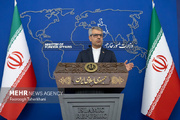
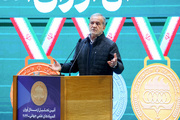
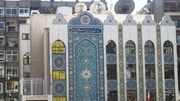
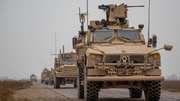
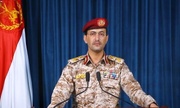

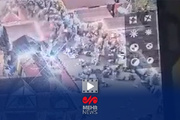





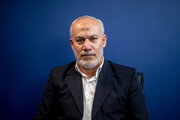
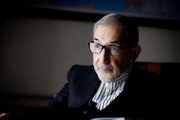
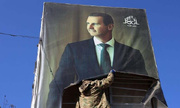
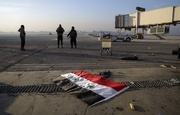

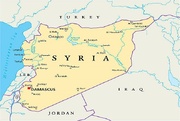
Your Comment